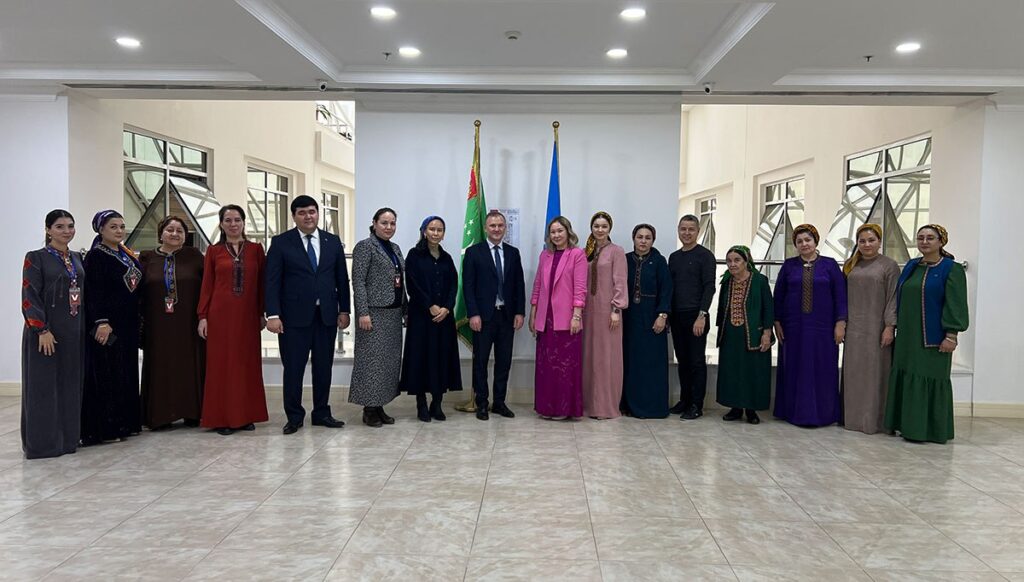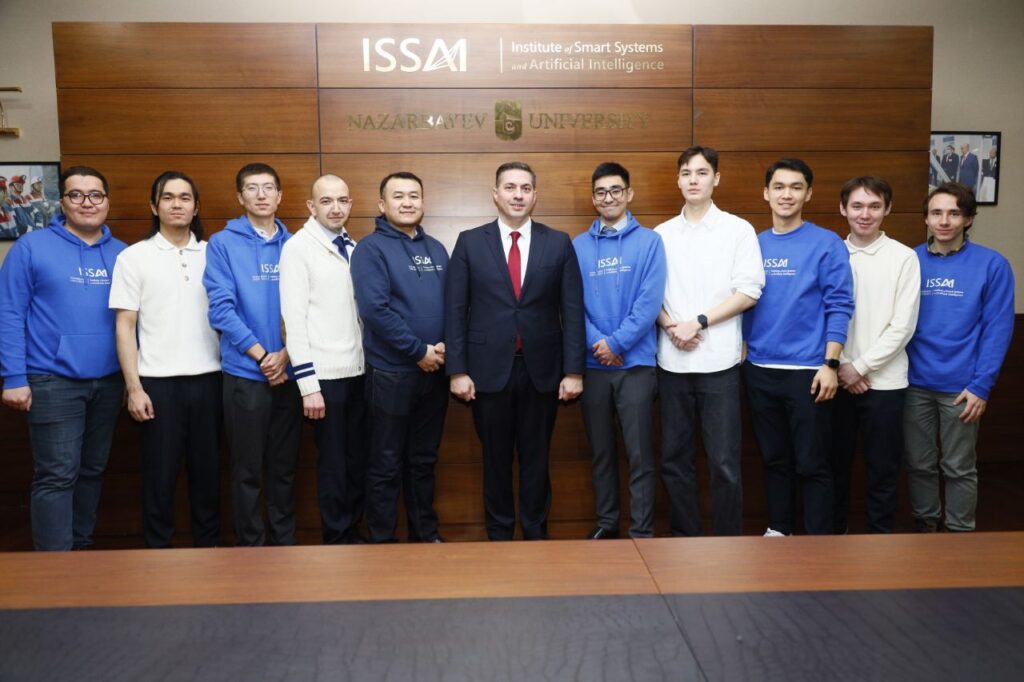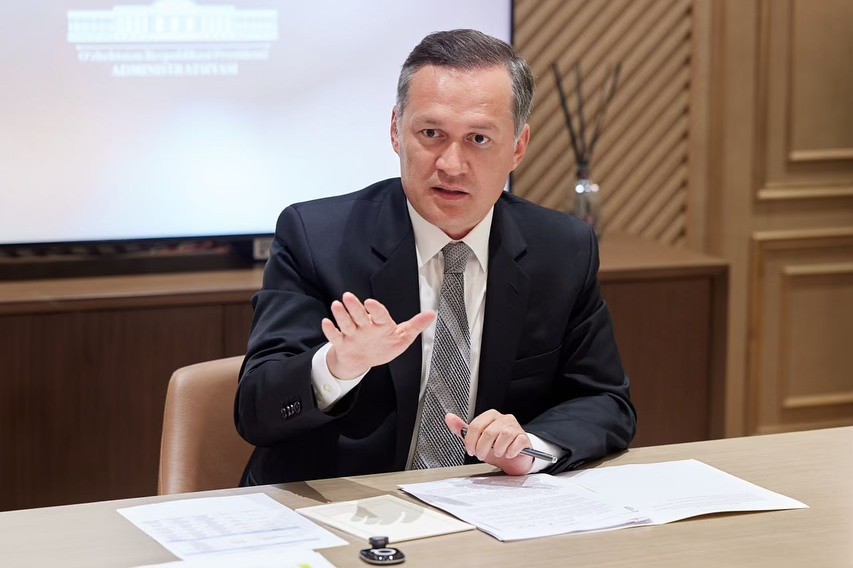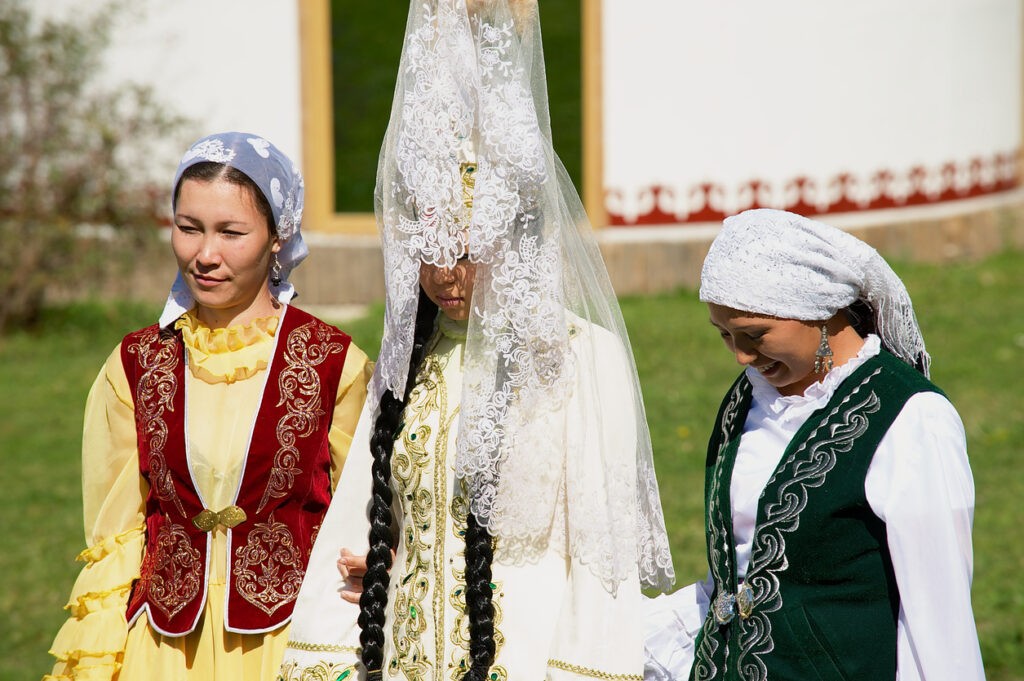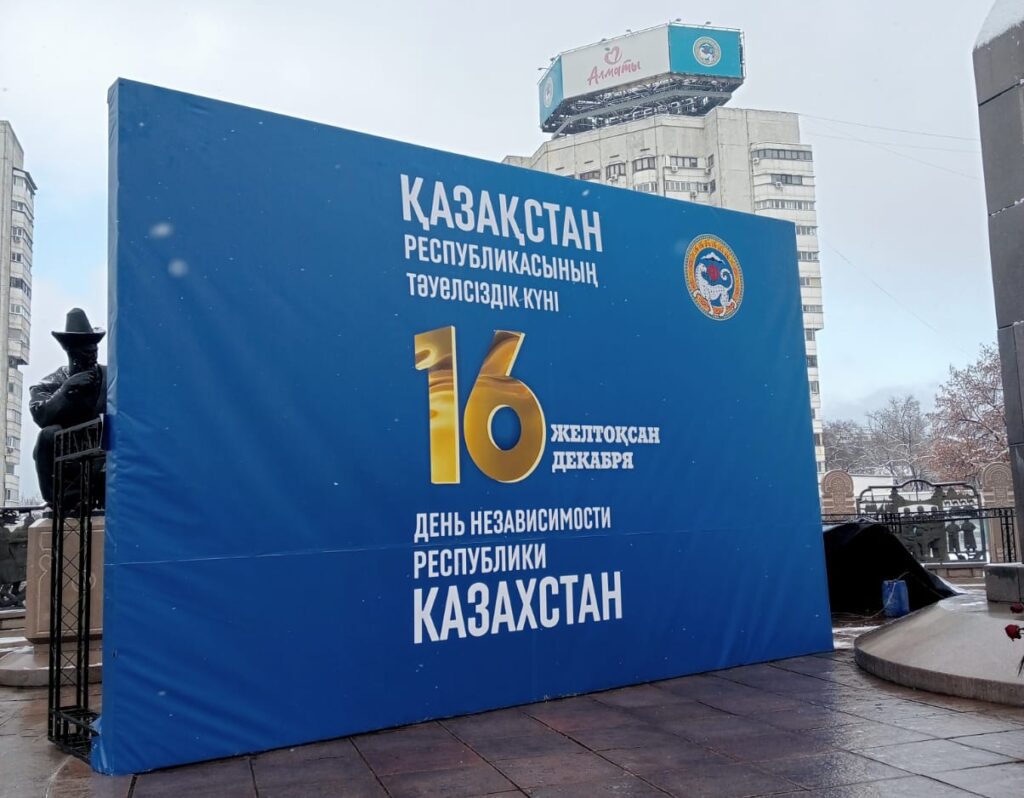BISHKEK (TCA) — The language issue has always been a sensitive one in the non-Russian republics of the USSR and now in the post-Soviet independent countries, especially in Central Asia. Moscow has always advocated that the Russian language retain its strong position in such countries as Kazakhstan, Kyrgyzstan, and Tajikistan. Today, however, Russia is facing the language problem within its own borders — in the Turkic-speaking republic of Tatarstan, and this problem may have serious implications. We are republishing this article by Paul Goble on the issue, originally published by The Jamestown Foundation’s Eurasia Daily Monitor:
Political leaders normally like to convert “either/or” issues into “more or less” ones because the latter permit compromises while the former typically do not. However, the fight over the requirement that all residents in Tatarstan study Tatar fall into the former category. And as much as the authorities in Kazan try to find a compromise, there is simply no room for one. This reality suggests the fight over language education in Tatarstan will escalate into a full-scale struggle over the future of Tatarstan—as well as that of all the other non-Russian republics and even non-Russian peoples of the Russian Federation. Consequently, the fight over languages in Tatarstan is about far more than what people speak: it is about the future of the peoples of that country and even the future of that country’s survival.
Three reasons support that conclusion: First, there are only so many hours of instruction available in the curricula of schools. If time devoted to teaching the Russian language is increased, as President Vladimir Putin insists, another subject will have to be reduced or cut. It could be Tatar, which the Kremlin’s proposed program would seriously undermine by eliminating the requirement that all residents of the republic study the state language whether or not they wanted to. But cuts could also affect other subjects, particularly if Kazan’s proposed compromise that Tatar remain a compulsory subject is adopted (Nazaccent.ru, Idelreal.org, September 18). In that situation, residents of the republic might be taught the national language but only at the cost of receiving less instruction in biology, chemistry and so on. That would lead to the degradation of the local educational system.
Second, under existing conditions, Russian and not Tatar is the language of exams that open the way to university education and advancement. Even within Tatarstan, most people can get along with Russian alone rather than Tatar. As a result, many Tatar parents actually want their children to study Russian, even if they would like to see them retain their national language as well. And a large share of them would certainly oppose any moves that would reduce the importance of the Russian language or even more the other basic subjects in the curriculum—two steps that could limit the opportunities their children would have in the future. Although it has seldom been commented upon until recently, Putin’s earlier introduction of a common university entrance exam is a far more important factor in what is going on now than his July speech in Ufa (Novayagazeta.ru, September 18).
And third, not only do most Kazan Tatars live outside the Republic of Tatarstan, but Tatars from that republic are extremely mobile, relocating to take advantage of economic opportunities elsewhere, something that requires a knowledge of Russian. Most Tatars living outside the republic speak Russian as their basic language, even if they know Tatar and use it within their families or with other Tatars. That pattern is true for the titular nationality of many other republics and also for extremely multi-national republics like Dagestan, where Russian remains the lingua franca even within the republic’s borders (Krymr.com, September 19).
These factors are not new. Rather, what has changed is the fact that, by tilting so strongly to Russian, Putin has unleashed a genie from a bottle that all previous Soviet and Russian leaders had sought to keep well contained. He has encouraged both ethnic Russians and Russian-speaking members of other nations to come out in open opposition to non-Russian republican policies about language—and hence in open opposition to the non-Russian peoples (Nazaccent.ru, September 19). And it is this rather than the language issue itself that is the problem.
Almost 60 years ago, the great Russian émigré historian, I. A. Kurganov, in his book The Nations of the USSR and the Russian Question (in Russian, Munich, 1961), argued that most observers misunderstand the implications of the nationality question in that country because they focus on the non-Russians. The real danger, he suggested, is from the ethnic Russians who, if they are ever encouraged to think that they have the right to impose their will on all other peoples, will lead to the destruction of the country. That is why even Joseph Stalin took some steps to protect the non-Russian languages and why subsequent leaders have deferred to the non-Russians on local language issues.
But Putin has now violated that approach, confident that the three underlying factors identified above will work in his favor. He might be right were it not for the case that his policies mean both the Russians and the non-Russians view language not simply as a thing in itself but as a marker of their respective futures as nations. And by encouraging the Russians to make demands and insisting that the non-Russians back down, he has placed a mine beneath his country. This mine is unlikely to resemble “the delayed action” one he often accuses Mikhail Gorbachev and others of having placed beneath the country in the past. Instead, Putin’s language mine may go off not just in Tatarstan but elsewhere—and not in some distant future but in the coming weeks and months.

